Alan Titchmarsh: The Chelsea Flower Show needs to stop pandering to trends and remember that it's a celebration of gardening
Our columnist Alan Titchmarsh is a supporter — and a vice-president — of the RHS. But he worries that the horticulture is in danger of going missing from the Royal Horticultural Society's Chelsea Flower Show.

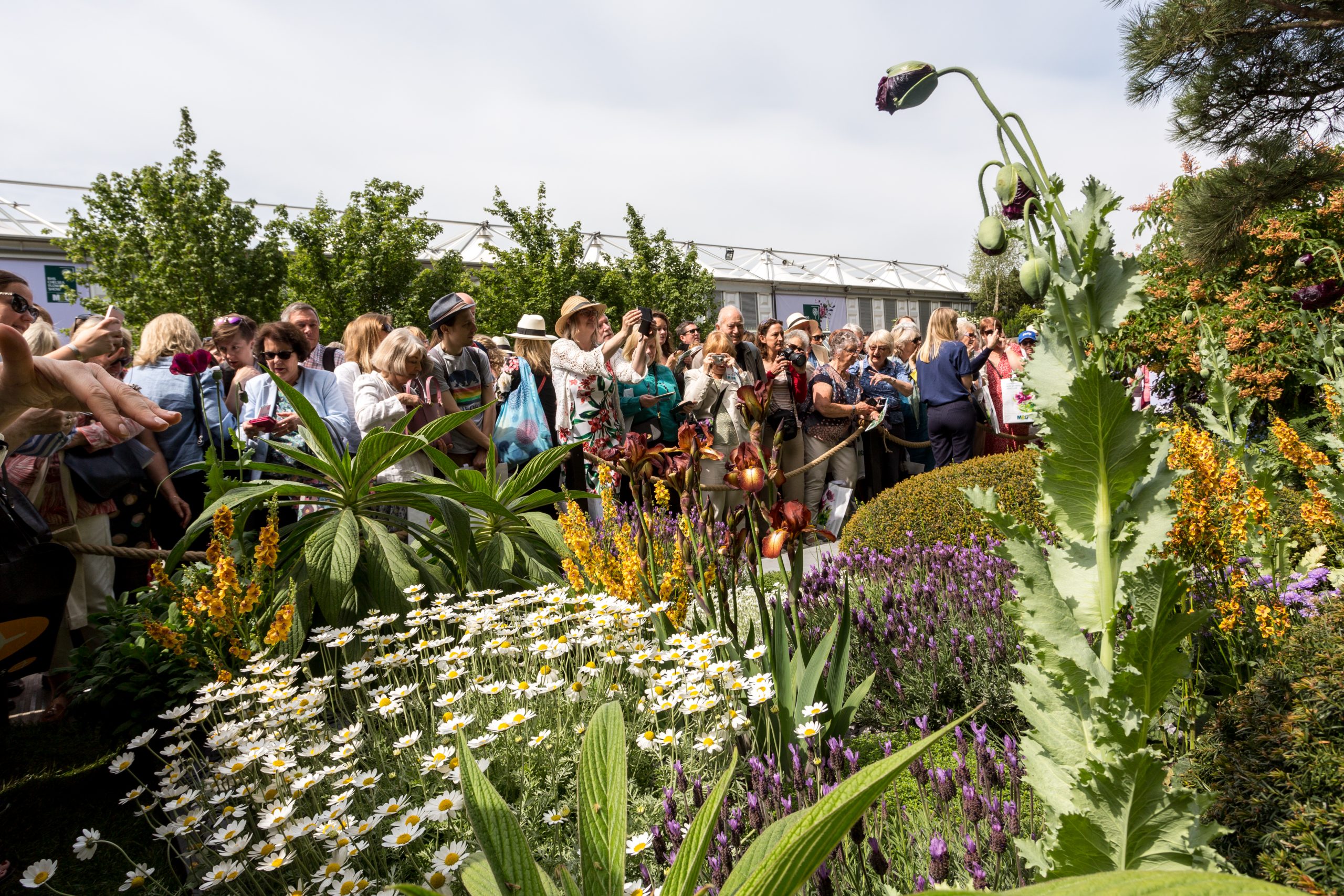
What is the point of the Chelsea Flower Show? Is it a highlight of the social calendar and the start of the Season? Is it a chance to put gardening at the forefront of our minds as spring gets properly under way and an opportunity for garden designers to show off, to shock and, sometimes, to annoy? Or is it simply a way of the Royal Horticultural Society (RHS) publicising itself? It is, in reality, all of these things and, having attended this horticultural extravaganza every year since 1969, it has been interesting to watch it evolve and become increasingly high profile.
Perhaps that profile has something to do with the nation’s ever-increasing awareness of environmental concerns — of climate change, global warming and sustainability. But it would be a shame if that were the only driving force. Call me old-fashioned if you want, but I like to think that in the third week in May, on the greensward in front of Chelsea’s Royal Hospital, we have a chance to celebrate that middle initial of the RHS. It stands for horticulture, which the dictionary defines as: ‘The art or practice of garden cultivation and management.’
The prime aim of the RHS Great Spring Show — to give it its original title — should surely be to celebrate horticultural excellence and allow the growers of all kinds of plants and the designers of all kinds of gardens to demonstrate their skills and to pass them on to future generations. I can’t think of anyone who would argue with that aim, it’s only that, sometimes, it is obscured by the need to demonstrate that gardeners are not dyed-in-the-wool traditionalists, but vibrant folk with a finger on the current environmental pulse. This can lead us down a garden path that endangers the very things we ought to cherish.
"To allow one garden predicated on no intervention from Man to be considered Best in Show is risky, but should it happen then the RHS could legitimately be accused of shooting itself in the foot. Why are we so frightened of promoting gardening?"
I am a great supporter of the RHS. I am one of its vice presidents. I applaud its encouragement of children through its Campaign for School Gardening, its championing of horticulture as a vital contributor to our health, both physical and mental, and its commitment to the importance of gardens and gardening to wildlife and humanity. But I do worry about the dangers of pandering to current trends and allowing gardening to become predicated on a kind of laissez-faire attitude to plants that eschews any kind of human interference under the assumption that Nature is best left to herself and any muscling in on our part is to be deplored.
Gardening is, by its very nature, intervention — but intervention intent on enabling plants to grow well and to produce a scene that we find uplifting. Last year, the garden judged Best in Show was 'A Rewilding Britain Landscape' — a confection of wild plants that showed no signs of ‘gardening’ — except, of course, that it had been put together by gardeners.
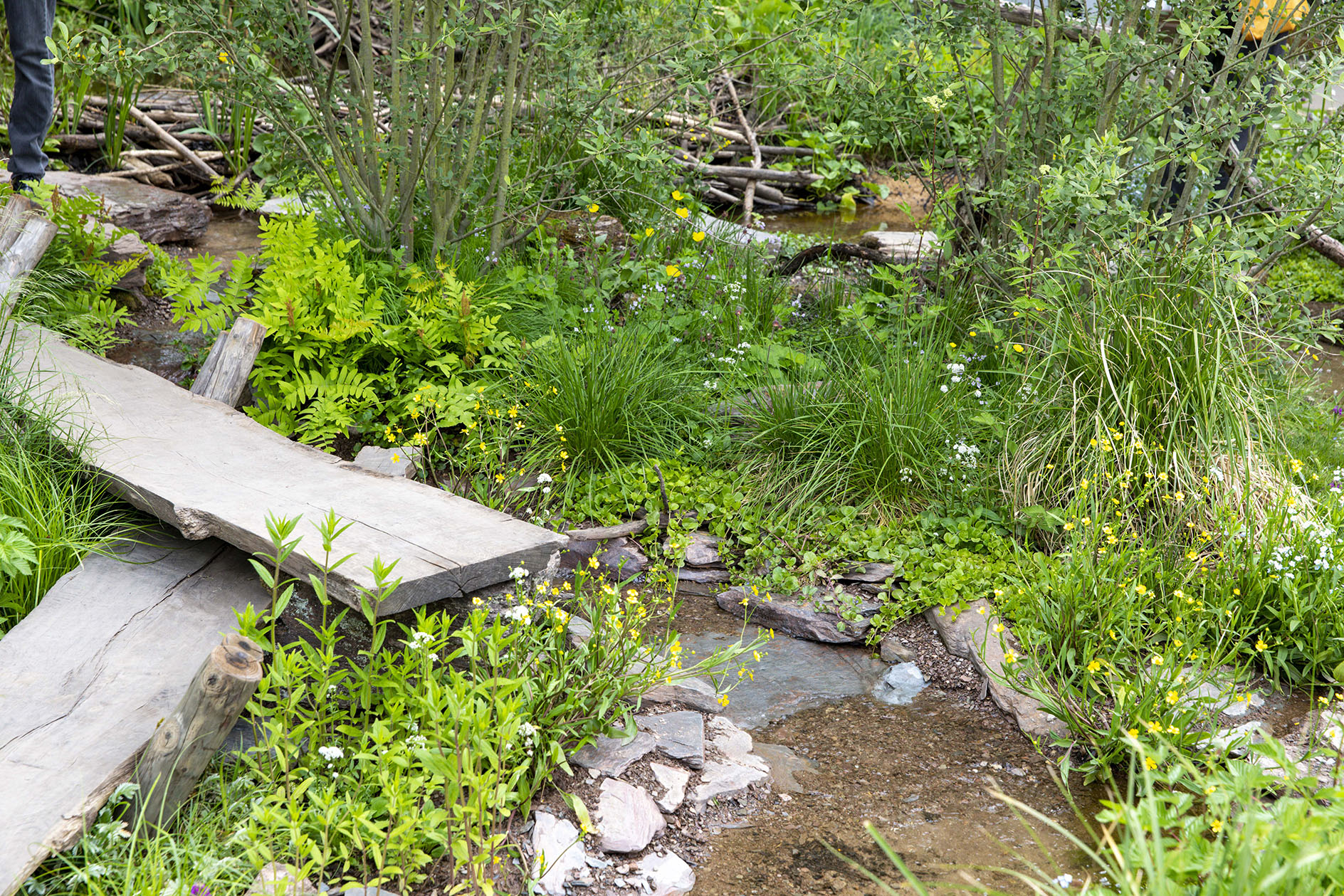
I feel a Lady Bracknell moment coming on. You remember: ‘To lose one parent, Mr Worthing, may be regarded as misfortune; to lose both looks like carelessness.’ In other words, to allow one garden predicated on no intervention from Man to be considered Best in Show is risky, but should it happen again then a society devoted to and predicated on passing on horticultural skills could legitimately be accused of shooting itself in the foot. Why are we so frightened of promoting gardening?
Two acres of my own ‘garden’ is devoted to wildflower meadow. I love it. The other two acres evince a greater influence of design and the use of a wider range of exotic (non-native) plants. I am an organic gardener and use no chemicals or sprays. My ‘cultivated’ garden teems with a wider range of wildlife — avian, mammalian and insectivorous — than the meadow. It is a mistake to assume only native species attract native wildlife. What they enjoy is a range of plant material offering pollen, nectar, food and shelter. Call it biodiversity if it salves your conscience.
Exquisite houses, the beauty of Nature, and how to get the most from your life, straight to your inbox.
Chelsea represents an opportunity to celebrate our ability to grow a wide range of plants from all over the world. This country is home to the best specialist growers anywhere on the planet. They need encouragement — and sometimes financial help — to populate the Great Pavilion where they have, over the past few years, become thinner on the ground.
The judges of the show gardens need to remember that the thousands who attend the show enjoy beautiful plants and gardens they feel they want to be in even more than off-the-wall design ideas that are regarded as ‘cutting edge’. Yes; we need refreshing ideas, but at the heart of this show should be a celebration of gardening. I really hope that my 55th Chelsea Flower Show proves that to be the case.
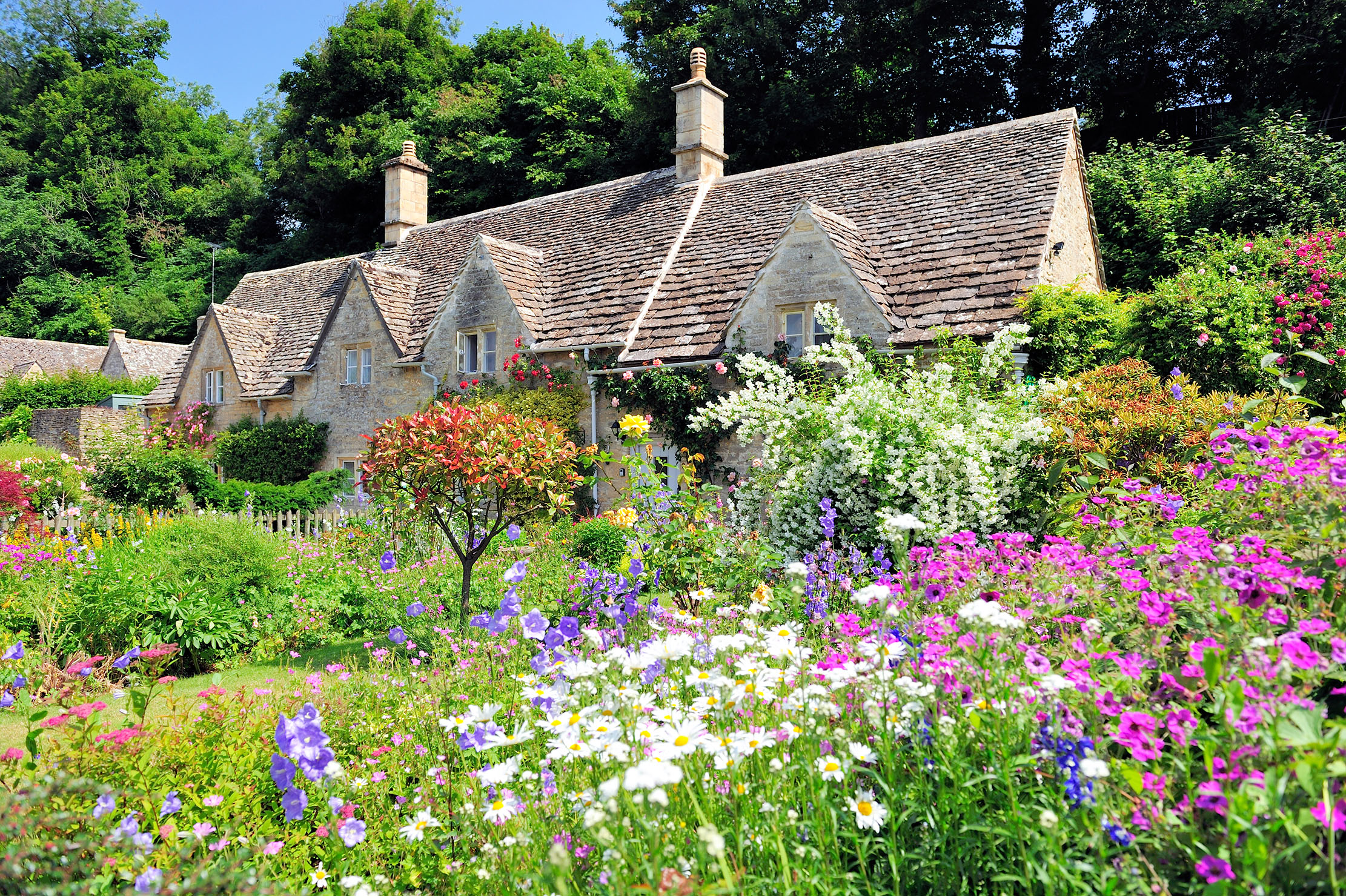
Credit: Shutterstock
The big hope for the 2023 Chelsea Flower Show? Gardens made for people, not ecosystem engineers
Country Life's former gardens editor Kathryn Bradley-Hole is hoping that the pendulum at Chelsea is swinging back towards traditional gardens.
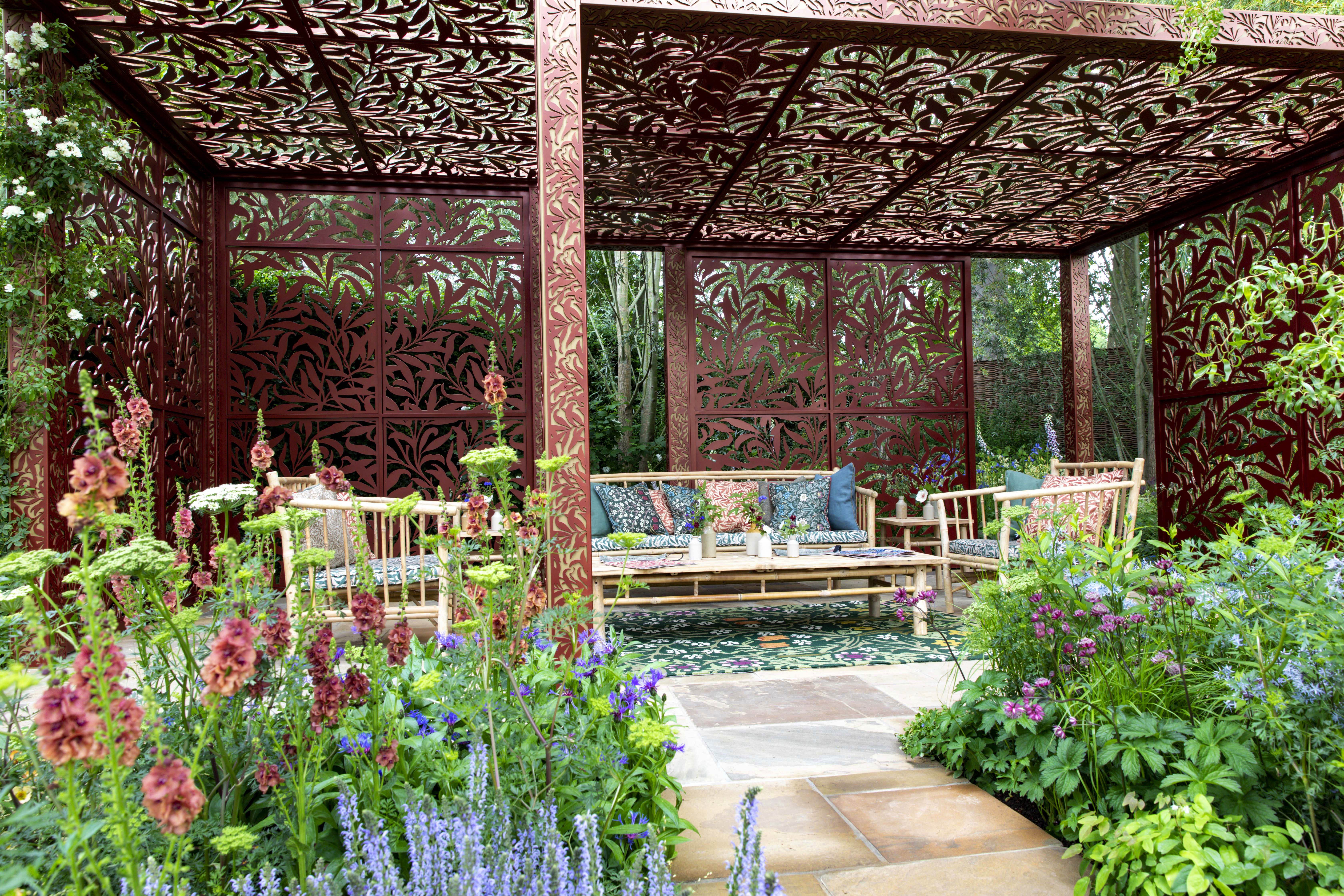
The real highlights from the 2022 RHS Chelsea Flower Show, from gold medallists and sculptures to celebrities and musicians... and even a few pretty flowers
If you can't make it to the 2022 RHS Chelsea Flower Show — or even if you can — here's our look
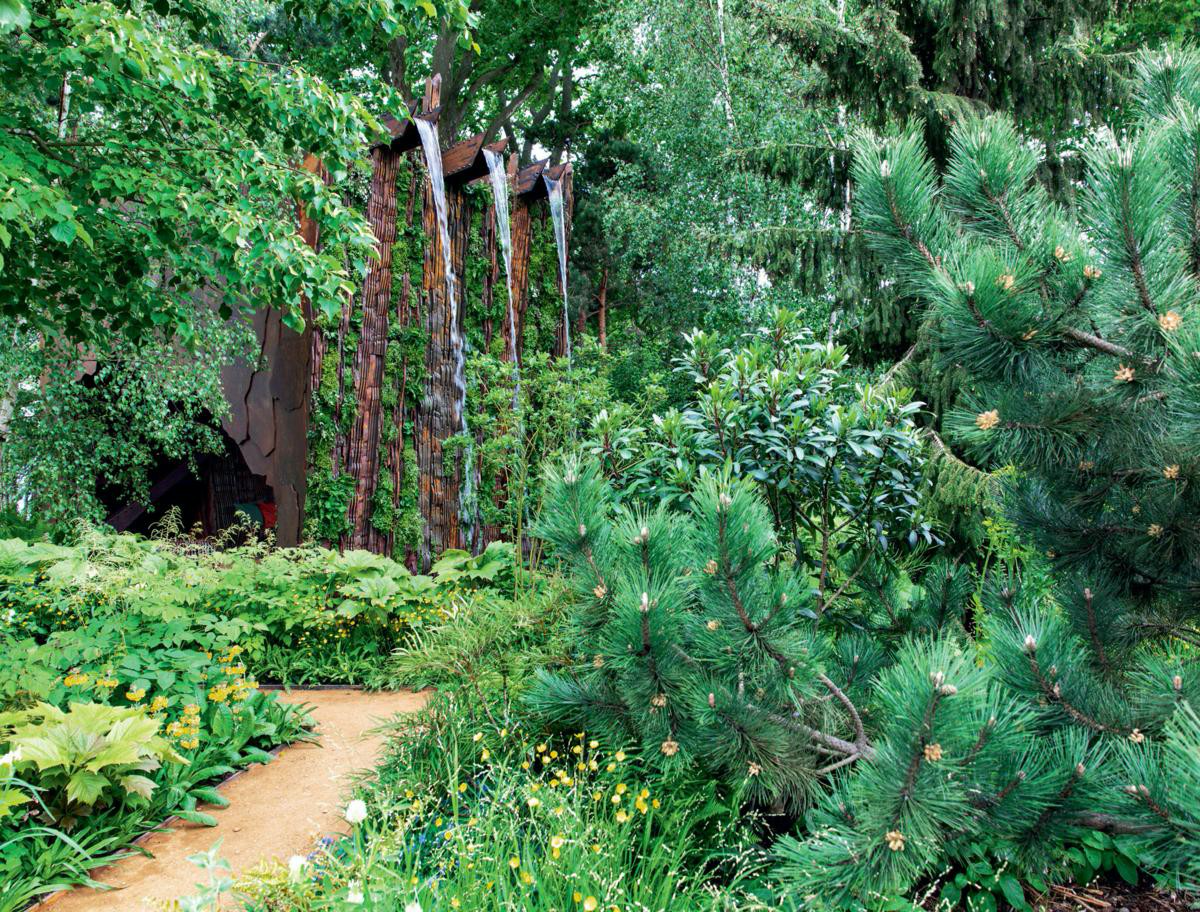
Charles Quest-Ritson: The dismal mistake made by the RHS's judges with the 'best in show' award at Chelsea
'A jumble of rewilding and beaver dams' won the 2022 RHS Chelsea Flower Show best in show, and Charles despairs
Alan Titchmarsh is a gardener, writer, novelist and broadcaster.
